Collecting on a civil judgment involves strategic planning and legal expertise. This blog post outlines the essential steps and strategies to ensure you receive what you’re owed. Here are the key strategies for successful judgment collection:
Strategy 1: Understand Your Rights as a Creditor
Before proceeding with debt collection, it’s crucial to have a clear understanding of your rights as a creditor. Familiarize yourself with the relevant laws and regulations in your jurisdiction.
Strategy 2: Choose the Right Collection Methods

There are various methods available for enforcing a civil judgment, including wage garnishment, bank levies, property liens, and post-judgment interest. Assess the circumstances of your case to determine the most effective approach.
Strategy 3: File Necessary Paperwork
To initiate the debt collection process, you’ll need to file the appropriate paperwork with the court. This may involve applications for wage garnishment, bank levies, or property liens, depending on your chosen method.
Strategy 4: Adhere to Legal Procedures
Strictly adhering to all legal procedures is crucial throughout the debt collection process. Any missteps or violations of the law can jeopardize your collection efforts and lead to legal consequences.
Strategy 5: Seek Professional Guidance

If you’re unsure about the best approach to debt collection or encounter any challenges along the way, consider seeking advice from a professional collection agency or attorney specializing in judgment collection.
By implementing these strategies, you can significantly improve your chances of successful debt recovery. Remember to approach the process with diligence and patience, and seek professional guidance when needed.
For more detailed information and personalized guidance, visit judgmentcollection.org.
